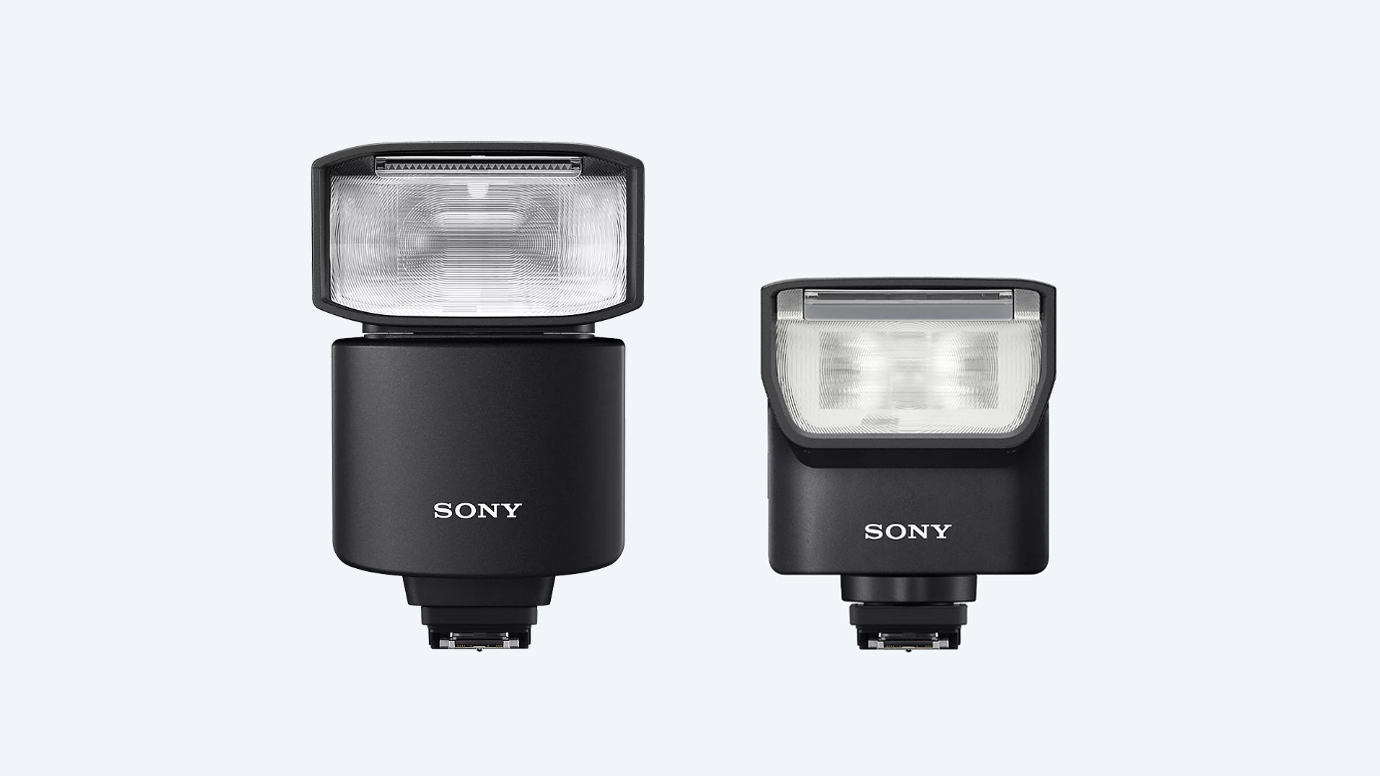Are drones too daunting? You need a burner drone!
You NEED a burner drone – you'll learn a lot more about flying drones from a less sophisticated one, and they're cheaper too!
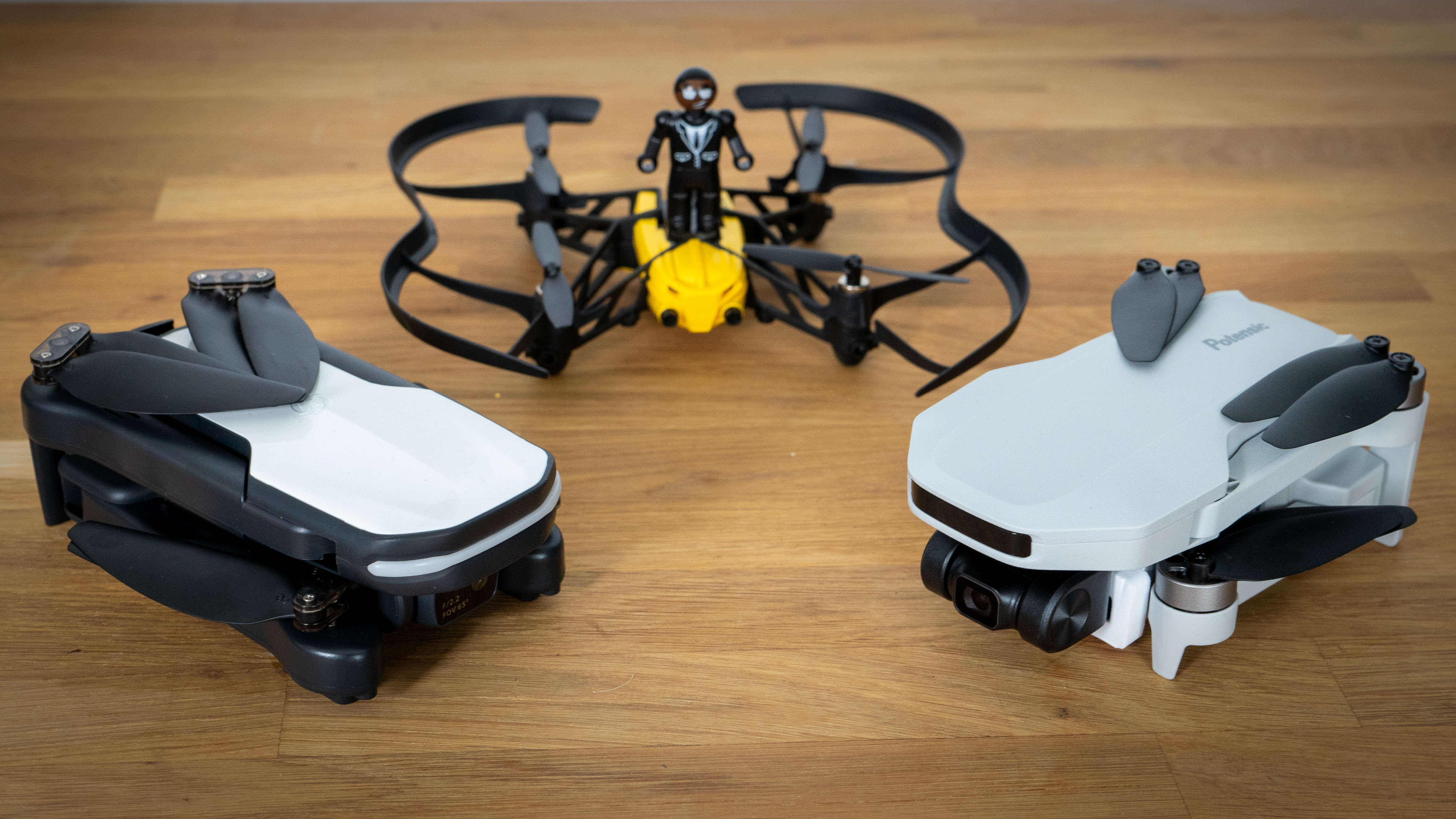
Drone tech has progressed leaps and bounds in the decade and a half it's been part of our lives, and a decent camera drone is now if not an essential certainly an expected addition to a good photographer's kit bag. The thing is, how do you know you're any good at operating them – are you really prepared, should things go a bit wrong?
Camera drones now are so easy to fly that many never really think about the tech and the physics involved – and that's a shame for two reasons. Firstly, the more you know, the better the results you'll be able to get.
• Get your aerial shots started with one of the best cheap drones
Secondly, without wanting to sound like an Eighties safety video, the less you know, the more risk you put the drone, yourself, and others nearby in. It's the worst kind of selfishness to take these risks because, at some point, things will go wrong and then all drone users will inevitably face harsh reactions and perhaps more restrictive laws.
Okay, angry rant about selfishness over. There is another huge advantage of a less sophisticated drone: it'll cost you a lot less, so you get to become a better pilot before you dig too deep into your pocket.
GPS – and living without it
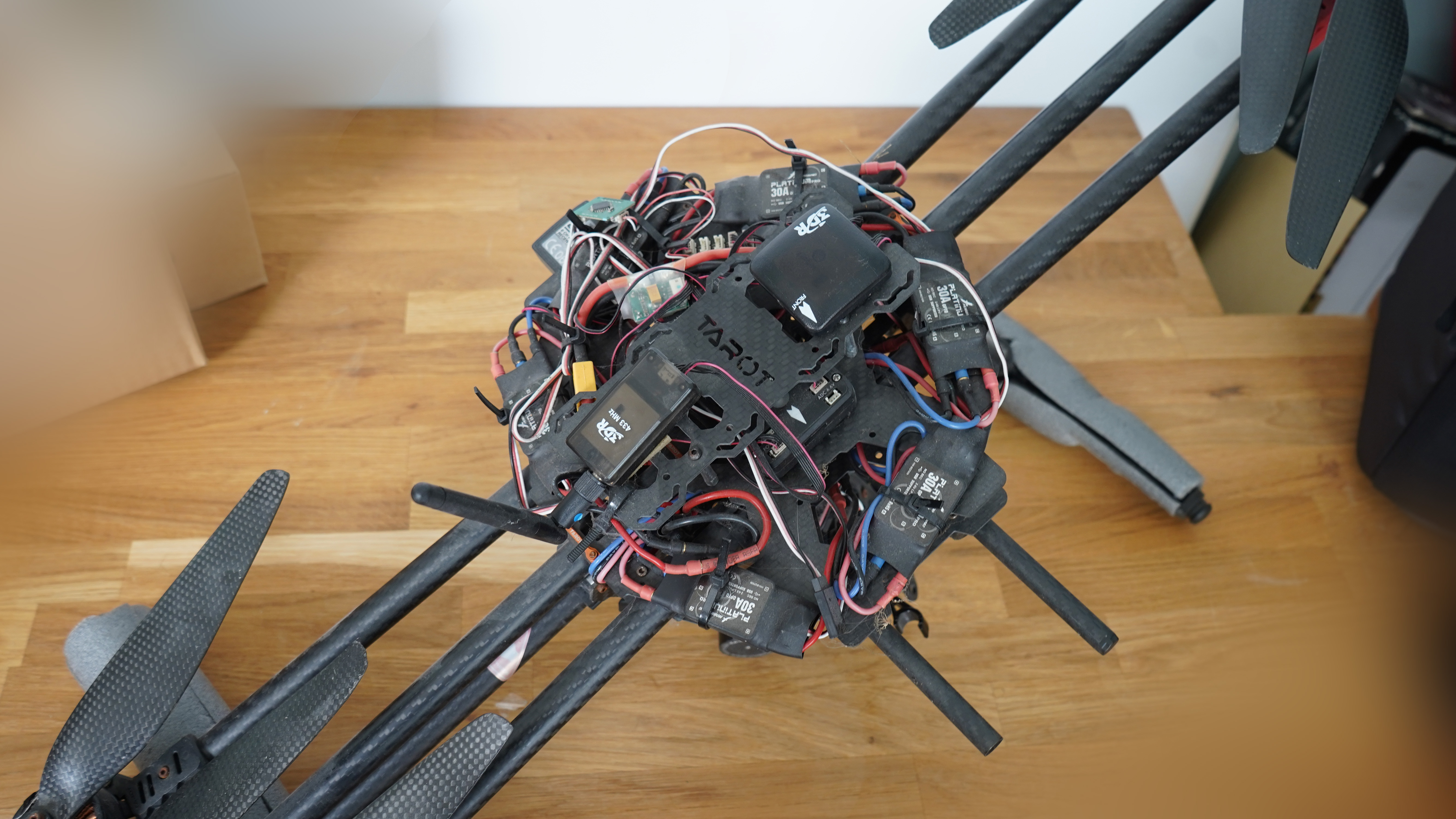
The best example of tech that takes a lot of thought away from the pilot is GPS. Early drones didn't come with GPS; it was, at best, an option. If you wanted it, you'd make sure you chose a flight controller (brain) that could be connected to a GPS unit and – perhaps later, depending on your cash flow – you'd plug in a GPS receiver.
Building drones taught me a lot about how they worked, but you don't need to do all of that to experience life without GPS – you can just get a drone without it.
Get the Digital Camera World Newsletter
The best camera deals, reviews, product advice, and unmissable photography news, direct to your inbox!
Fly free (well, cheaply) – fly without GPS
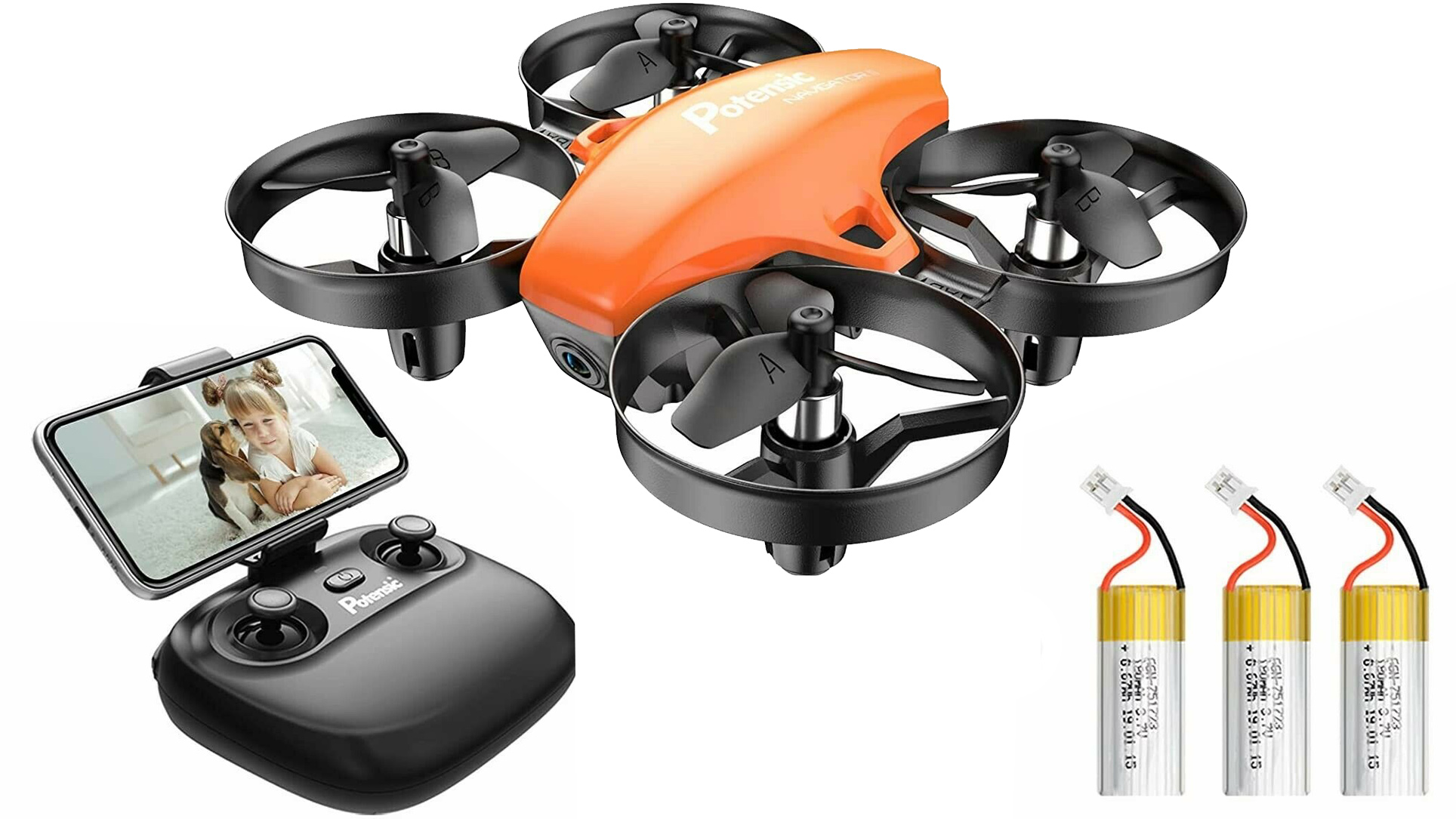
The Potensic A20 is just an indoor toy, but it's also a quadcopter. It flies according to the same basic principles, with the difference being that it lacks the knowledge (from GPS) for its own flight controller to do anything other than try to keep the drone level. In other words you can get the knack of the controls without having to leave the house, and you'll already know more about dealing with drift than someone who has only ever flown a GPS drone.
Oh, I urge you to keep it off the weird 'headless' mode and stick to learning the standard 'Mode 2' controls (this refers to how the two thumbsticks affect the flight).
Given the price, this truly is a device you can afford to lose or pass on to your kids when you're done – the real burner here. The others would be a shame to dispose of so casually, but are worth attention too.
Camera gimbals – and flying without them
Camera stabilization gimbals – not a cheap component – are great for video because they produce beautifully stable shots and, typically, level out the horizon. The thing is, that's not how a quadcopter's flight actually works; the drone makes subtle adjustments to the speed of the motors to tilt the aircraft.
This means that some of the force from the propellors is not vertical, and that pushes the aircraft in the chosen direction. In a level hover, all the motors spin at the same speed – but subtle and brief speed adjustments also affect the rotation of the aircraft.
If you've only ever flown with a drone that hides all this from you using a gimbal, it's very hard to appreciate the way wind behaves and how to lean into it. That, in turn, makes it a bit too easy to fly too far with the wind when you won't have power to come back, for example.
High end burner drone: The Potensic Atom SE
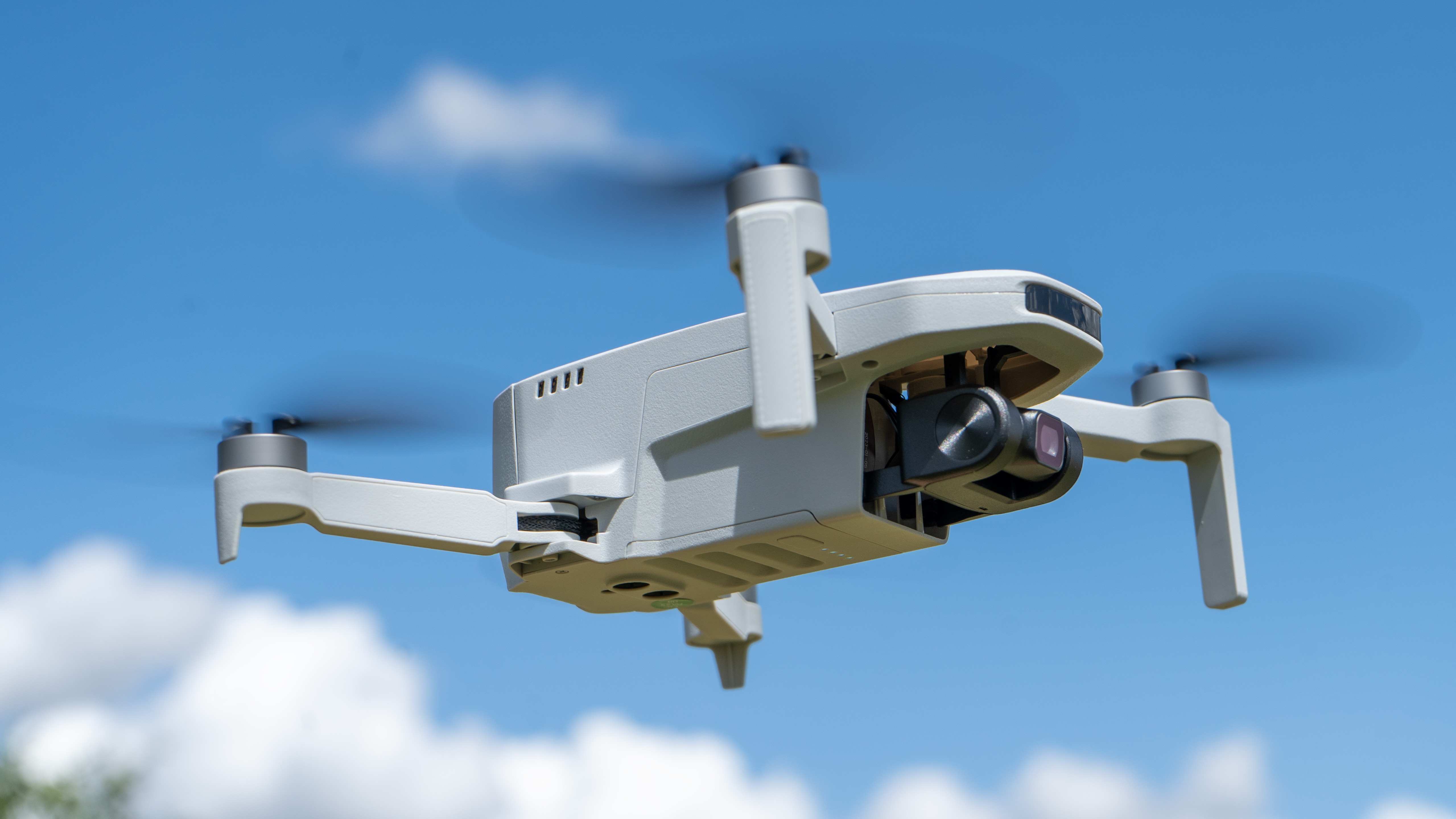
A kind of hybrid, the Potensic Atom SE has GPS and a lot of higher-end automation features like waypoints and orbit modes, and is built in a manner similar to the market leader. It can also remotely tilt its camera up and down but – crucially – doesn't have a mechanical leveling stabilizer, so (despite good electronic stabilization), you'll still see the drone's turns reflected on the horizon.
That might mean you need to reposition, depending on the wind, to get a shot with a level horizon, but it'll also give you the experience of how the drone responds to the air around it with your manoeuvers and the wind as a whole. If you remember that the GPS is part of the equation – that the drone is trying not to drift away – this is a great drone to develop a feel for the mechanics of modern craft (and, in general, a pretty impressive bit of kit).
FPV is the real teacher
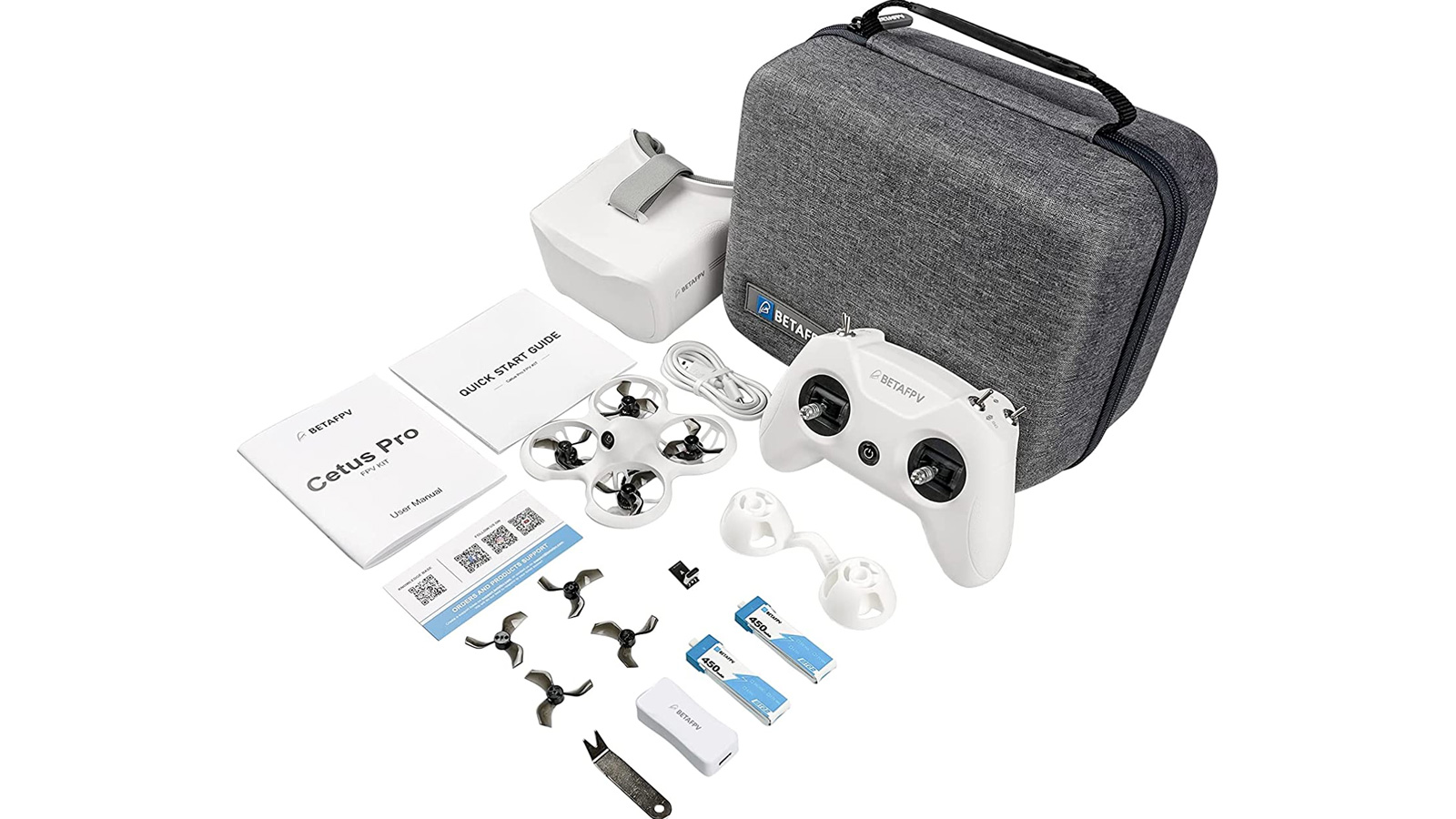
The logical extension of living without a gimbal is to fix the camera to the fuselage and, by donning special goggles, "sit inside" the drone itself. That is the magic of FPV drones (first-person view). The cheapest, rawest form has another benefit as well; the traditional analog video helps you learn about the reality of radio control distances rather than the optimistic control ranges – which assume perfect conditions and no obstacles. With analog video you can develop a feel for it through the static; hard to define, but true.
FPV is also an exciting subgenre in its own right, a style of video which is in demand and you can learn starting slowly and getting faster, making ever more exciting manoeuvers.
The BetaFPV Cetus Pro bundle comes with all you need to get started, but the drone world has many more choices for those with time to assemble their own from parts. You'll feel prouder than if you buy a DJI Avata, but it might take a little longer!
If, of course, you do want to dive in another way, we keep a complete guide to beginner drones, but even that includes some high-end choices from which you'll never look back.

With over 20 years of expertise as a tech journalist, Adam brings a wealth of knowledge across a vast number of product categories, including timelapse cameras, home security cameras, NVR cameras, photography books, webcams, 3D printers and 3D scanners, borescopes, radar detectors… and, above all, drones.
Adam is our resident expert on all aspects of camera drones and drone photography, from buying guides on the best choices for aerial photographers of all ability levels to the latest rules and regulations on piloting drones.
He is the author of a number of books including The Complete Guide to Drones, The Smart Smart Home Handbook, 101 Tips for DSLR Video and The Drone Pilot's Handbook.
